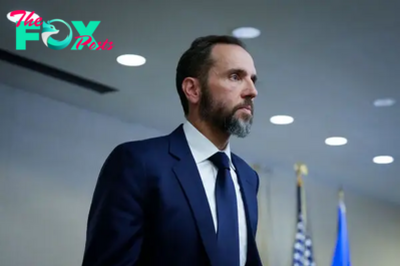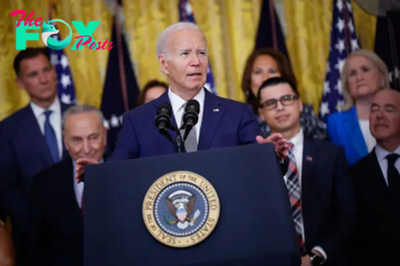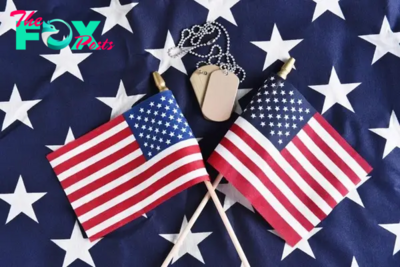Politics
GriefSPEAK: Freedom or fear – Mari Nardolillo Dias
by Mari Nardolillo Dias, contributing writer, grief and grieving
“When you’re alone and life is making you lonely, you can always go Downtown…”
-Petula Clark, “Downtown” (1964)
The surgeon general has declared an epidemic of loneliness in the United States. In fact, Dr. Ruth was named the loneliness ambassador before her passing. Loneliness is not new; however, it has Increased exponentially during and since Covid. Not yet a pandemic but on its way to becoming one, people in the US are struggling with isolation and loneliness.
Alone and Loneliness are very different. We can be alone and not feel lonely. We can also feel lonely in a group of people. Alone can feel like freedom or fear. Some might even describe it as a sense of independence.
Loneliness is different. We don’t feel any sense of freedom or independence. We do experience fear. And sadness. It’s not just the elderly. Many young people, college students, retired individuals and the disabled experience this state of mind. And death can cause loneliness to implode. Research indicates a myriad of physical, mental and psychological effects of loneliness. Research also indicates an earlier death for those who are lonely. According to Healthline.com, “If you’re lonely, you may feel sad, empty, or as if you’re lacking something important when you spend time by yourself. Chronic loneliness can also involve the following symptoms: decreased energy feeling foggy or unable to focus insomnia, interrupted sleep, or other sleep issues and decreased apPetite.”
We are more isolated today than ever in our History. We are an individualistic society, not collectivist. And with that, the majority of us tend to focus on ourselves and close family members. Consequently, it is difficult to battle this epidemic of loneliness. Dr. Murthy (U.S. Surgeon General) recommended 6 foundational pillars: (1) Strengthen social infrastructure; (2) enact governmental pro-connection public policies; (3) mobilize the Health sector to monitor loneliness; (4) reduce dependence on digital environments; (5) research the issue of loneliness; (6) cultivate a culture of connection.(Psychiatric Times).
H. Moffic M.D. offers one of the effective macro sociological attempt. He suggests that the US Surgeon General be a psychiatrist rather than a medical doctor. From a micro sociological view, we can start in our communities, churches, senior centers, rehabilitation centers, coffee shops and personal visits. We can combat this epidemic one person at a time.
___
Access all of Dr. Dias’ columns at: GRIEFSPEAK

Dr. Mari Nardolillo Dias is a nationally board-certified counselor, holds a Fellow in Thanatology and is certified in both grief counseling and complicated grief. Dias is a Certified death doula, and has a Certificate in Psychological Autopsy.
Dias was an Adjunct Professor and was Professor of Clinical Mental Health, Master of Science program, at Johnson & Wales University. Dias is the director of GracePointe Grief Center, in North Kingstown, RI. For more information, go to: //gracepointegrief.com/
-

 Politics4h ago
Politics4h agoFeds File New Indictment in Trump Jan. 6 Case After Supreme Court Immunity Ruling
-

 Politics4h ago
Politics4h agoJudge Pauses Key Biden Immigration Program. Immigrant Families Struggle to Figure Out What to Do
-

 Politics17h ago
Politics17h agoDemocratic men are stepping up for a woman president by stepping back, at last
-

 Politics17h ago
Politics17h agoHow the 14th Amendment prevents state legislatures from subverting popular presidential elections
-

 Politics21h ago
Politics21h agoDoug Emhoff Pitches Harris’ Economic Vision as ‘Pro-Capitalism’ and ‘Helps Everyone’
-

 Politics22h ago
Politics22h agoRI Veterans: Did you know? 29.08.24 (Find a gravesite, events, resources…) – John A. Cianci
-

 Politics1d ago
Politics1d agoBlack voters, Latino voters and other voters of color show solidarity at the ballot box
-

 Politics2d ago
Politics2d agoRhode Island Weather Forecast for August 28, 2024 – Jack Donnelly



















